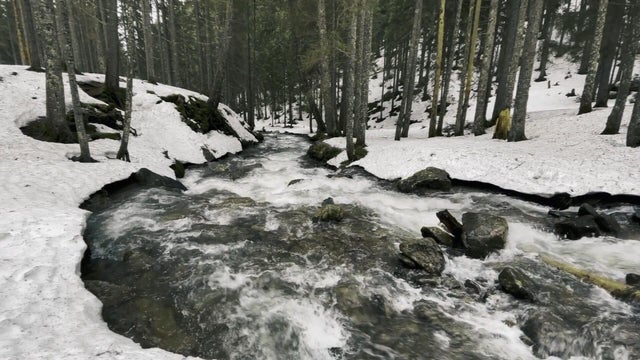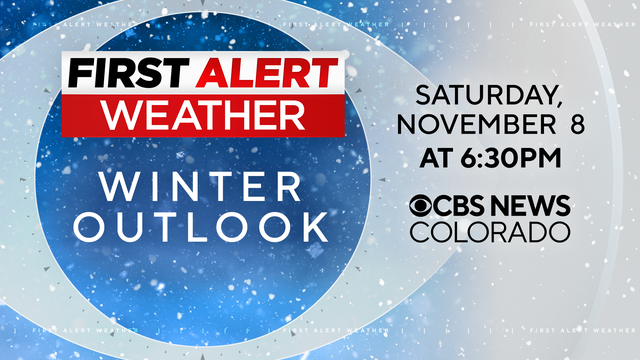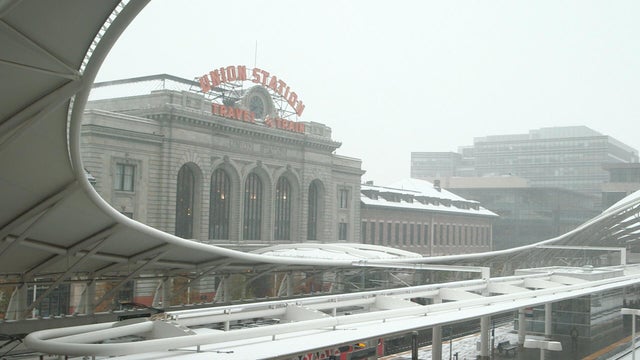Colorado winters trending warmer as climate change affects averages and extremes
Colorado's winters are changing, but not always in ways that are easy to notice from one season to the next. State Climatologist Russ Schumacher says climate change is reshaping what winter looks and feels like across the state.
"When we talk about climate, it's not just about today's weather, it's the bigger picture," Schumacher explained. "Climate is really the statistics of weather, the averages, but also the extremes. The record highs, the record lows, all of that."
As greenhouse gases build up in the atmosphere, Schumacher says those averages and extremes are shifting.
"As we add greenhouse gases to the atmosphere, these gases trap heat that's trying to escape," he said. "We're adding heat to the system. So, we should expect the temperature to go up as a result."
Still, Colorado's winters don't always follow a simple trend.
"Winter in Colorado is pretty complicated," Schumacher said. "It's by far the most variable season out of the year, naturally. In contrast, when we look at summer, it's just a strong warming trend. The data shows winters may actually be becoming less variable, but it doesn't always feel that way."
That changing climate is having ripple effects, especially on Colorado's snowpack, which acts as the state's natural water storage. The snow is melting earlier, changing when that water becomes available. An earlier melt can leave the ground drier heading into summer, which increases wildfire risk year-round.
"The snow that falls in our mountains in Colorado is critical to that water supply, not just for us who live here, but across the country," Schumacher said. "So any changes to what's happening with that snowpack can have big implications for water resources and water supply."
At lower elevations, the changes are showing up in another way: rain instead of snow.
"In Fort Collins a couple of Februarys ago, we had this storm where we got over an inch of liquid and it was all rain," Schumacher recalled. "That's just not something that really happens. Typically, if you're going to get precipitation in February, it's going to be cold and it's going to be snow."
So while Colorado will still see snowstorms and cold snaps, Schumacher says the season itself is shifting.
"It seems like the snow season's getting compressed; falls are getting warmer, and the cold part of winter maybe isn't as long," he said. "But we also know that the atmosphere will continue to throw curveballs at us, those big roller coasters from warm to cold, and those swings between snowstorms and drought."
The long-term data is clear: Colorado's winters are warming overall. But with our state's famously wild weather patterns, Schumacher says one thing that will never change is that winter in Colorado will always find a way to surprise us.



